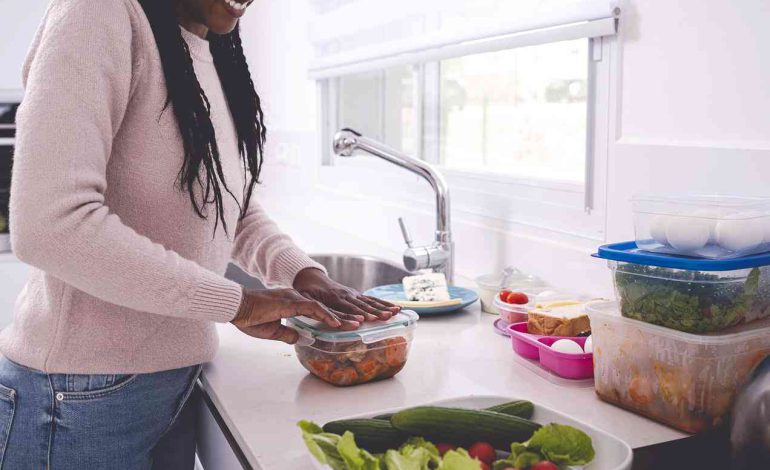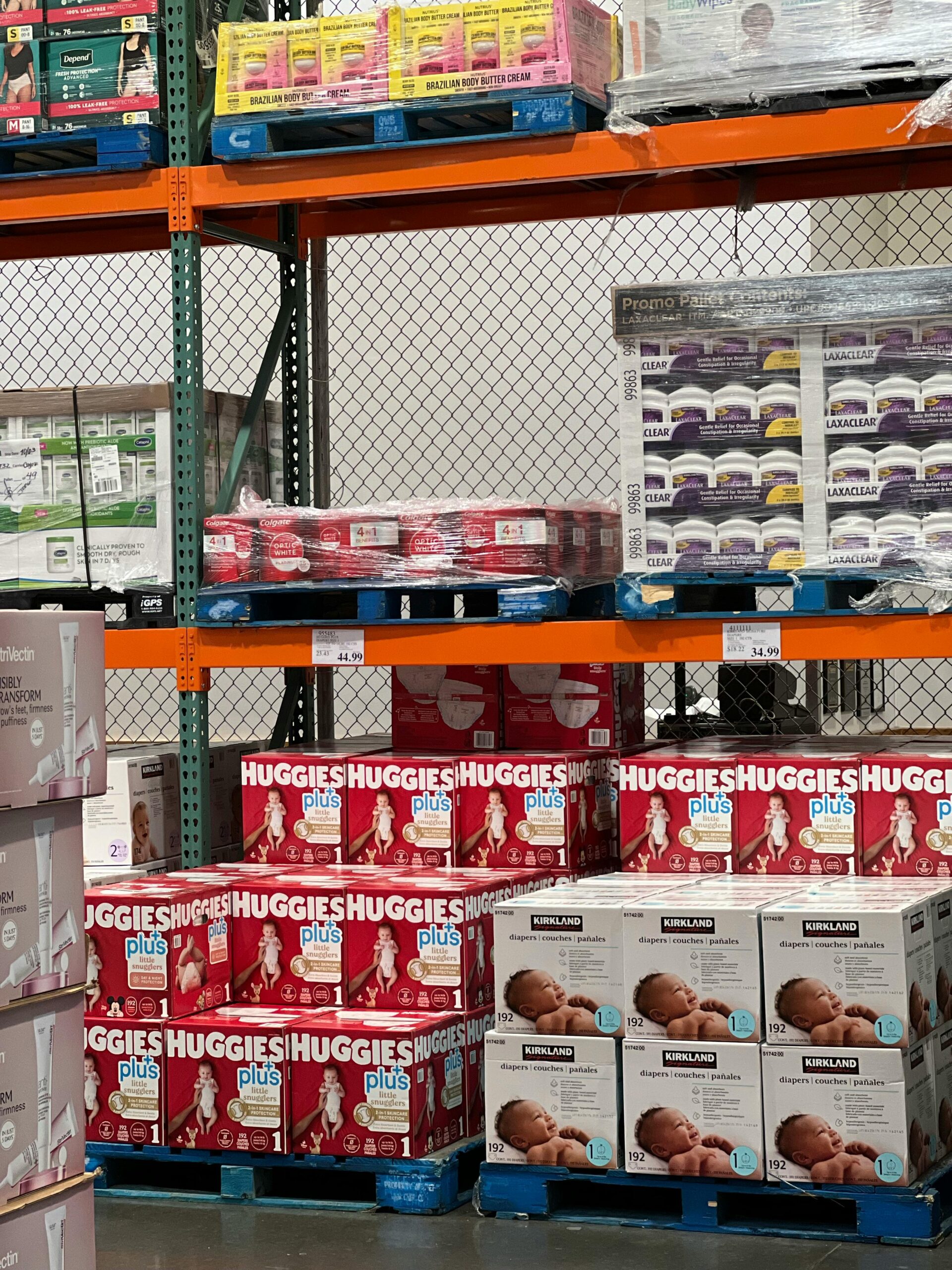4 ways to reduce food wastage at home and save money

A lot of households are culprits when it comes to food wastage. This is not just about throwing out the food left on your plate but starts from the actual shopping. While it is not possible to eliminate food waste completely, you can reduce it considerably and end up saving money. These tips are sure to help you reduce wastage of food in your home and transform it into an economical household!
Shop for what you need
Pause and think about the last time you were in a supermarket or green grocery shopping. Chances are you bought something you did not intend to because you felt you would need it in future, right? Well, this is the first mistake that people make when buying food. Lemons, ginger and garlic for instance end up shriveling and becoming unusable and thus cost you money you could have saved.
Vegetables, fruits and some dairy products can only last so long even when they are carefully preserved. Shopping for fresh fruits and veggies should only include things you would need for at most the next two weeks.
While at it, buy things that are in season. The reason this is important is because you will not be tempted to stock up because you will readily find them in the markets if you need them.

Note that it’s not wrong to shop in bulk for the future but this usually is best for grains which can go for months without rotting.
Shop consciously
We’ve all had a moment when we realized that something in the pantry or fridge had already gone bad by the day you decide to consume it. To beat this, be conscious while shopping by checking the ‘use by’ or best before’ dates on the packaging. This way, you don’t end up throwing food that you spent your hard-earned money on, especially in prevailing economic times.
Portion control
This tends to happen more often than people will admit. But just because it is a delicious meal, there is no need to let your excitement get the best of you. It is better to serve a small portion and go for seconds instead of having a full plate only to throw half of it.
If the food is left-over, put it in dishes and store it properly in the fridge.

Make use of leftovers
Instead of stuffing leftovers in the fridge where they are likely to be forgotten, make a new meal out of them. You can also do daily fridge and storage checks to ensure nothing edible goes to waste.




